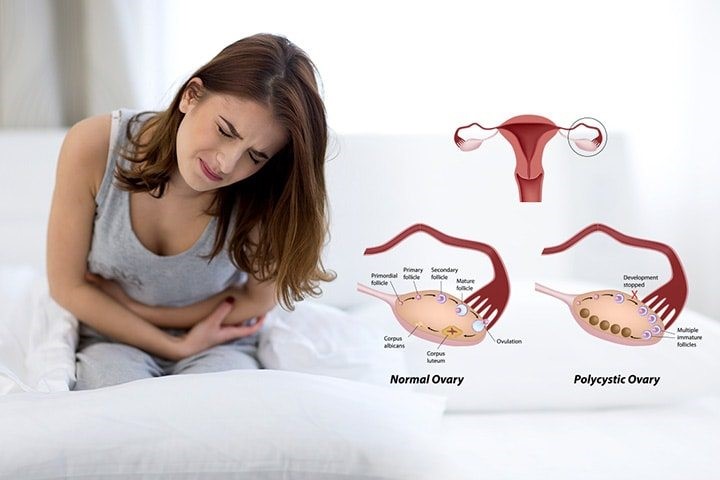
It’s a well-known fact that most women sacrifice so much of their time for others, that it ends up resulting in their own well-being taking a back seat.
According to a noted clinical psychologist dealing in women’s health, most women see themselves in the role of the classic ‘caretaker’. A large part of them provides more support to their family members than men, some even doing second-shift work, balancing the demands of regular home chores with office deadlines, all of which eventually take a toll on their physical and mental well-being.
Women’s health just can’t be taken for granted anymore, given how women’s bodies have unique attributes, and how easily vulnerable they are to health complications compared to men. This is especially true when it comes to polycystic ovaries.
Fortunately, there are plenty of conservative, medical and surgical options available that address women’s health issues from menstrual challenges to complex health issues such as polycystic ovary syndrome, endometriosis and cervical cancer.
We would recommend talking to our team of gynaecologists at HealthHub Clinics as an early preventive step, especially if you are experiencing unexplained painful cramps and abnormal bleeding between periods or during intercourse. Our treatments also extend to cover menstrual abnormalities or polycystic ovarian diseases by our team of top endocrinologists.
Polycystic Ovary Syndrome affects 1 in 10 women.
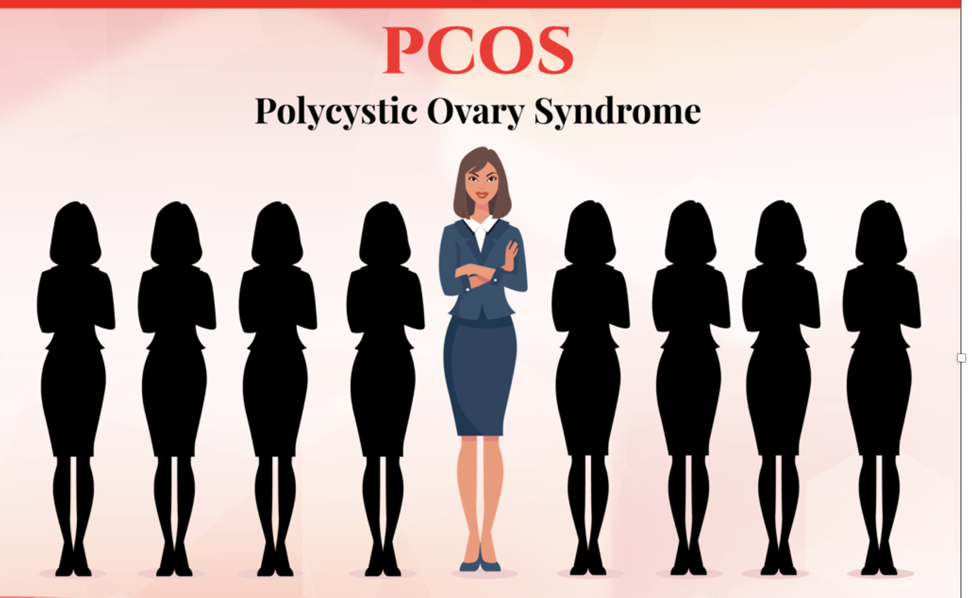
Make sure you’re not part of that statistic!
Have you been facing a sudden increase in bodily changes of late?
We are talking about delayed periods, excess body hair growth, fertility issues and unusual weight gain which are all the early indications of Polycystic Ovary Syndrome (PCOS).
What Is Polycystic Ovary Syndrome?
PCOS as it is commonly called, is a hormone disorder affecting 1 in 10 women and apart from hormonal imbalances, indicates the presence of multiple small cysts on the ovaries. The ovaries produce more male sex hormones than otherwise required, leading to complications that range from sudden weight gain and painful cysts on the ovaries, to irregular periods and abnormal body hair growth.
You can’t really tell the severity of this disorder by looking at its symptoms, but it can increase the risk of other health issues such as obesity, Type 2 diabetes and heart disease.
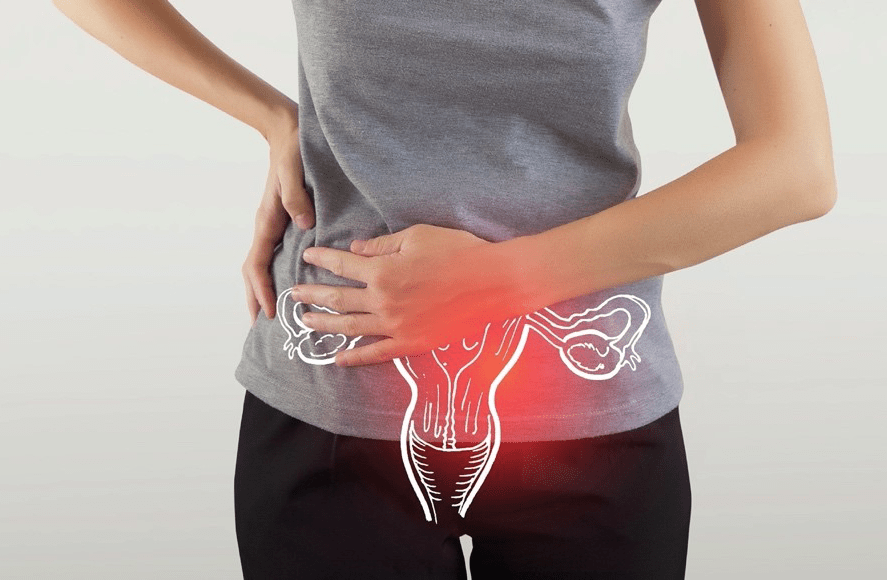
What really causes PCOS?
While the exact cause of PCOS is not known, studies show that it is connected to insulin resistance. Most women have insulin resistance, so their bodies cannot process insulin correctly, while high insulin levels could increase male sex hormones that make them vulnerable to PCOS.
Being overweight is another factor, especially with the rising cases of obesity and chronic related diseases such as diabetes in the UAE showing rising insulin levels. There have also been cases of a family history of PCOS which makes it an easy target of women in that line of generations to get it.
Look out for these symptoms
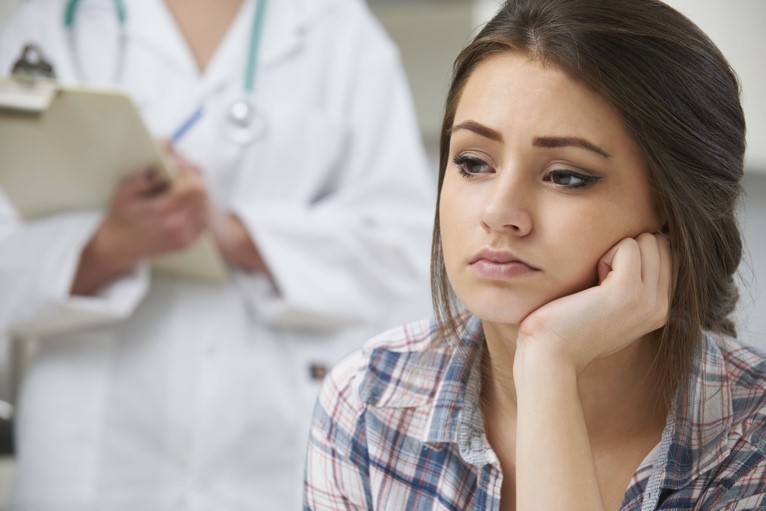
Common symptoms of PCOS include irregular periods, acne, weight gain, and excessive hair growth on the face and body. They may vary from woman to woman, but some common symptoms include:
- Infertility
- Excess hair growth on the face, chest, back, belly or thighs
- A pattern of abnormal menstrual cycles that range from missed periods or heavy periods, and virtually no periods
- Weight gain
- Severe acne breakouts acne
- Dark patches on the skin or skin tags
How can PCOS be diagnosed?
Most doctors look for:
- Irregular menstrual cycles
- Family history
- Results based on physical examination (clinical features of PCOS)
- Blood samples, high levels of male sex hormones
- Multiple small cysts in ovaries detected by an ultrasound
How do we treat PCOS?
While there is no definitive cure for PCOS, there are several treatment options that can help manage your symptoms and quality of life:
- Regular physical exercise and a balanced diet of veggies, fruits and fish, and a diet that is low in sugar and carbohydrates.
- Medications from birth control pills to insulin-sensitizing drugs to regulate menstrual cycles and reduce insulin resistance.
- Proven fertility treatments such as ovulation induction, IVF or assisted reproductive technologies that help women to conceive.

Clearing a debate: PCOS and Endometriosis are not the same.
So, let’s understand endometriosis first:
Endometriosis is an inflammatory disease that causes painful lesions, and a type of ovarian cyst popularly referred to as a ‘chocolate cyst’. It is affected by hormones but not caused by hormone imbalance. If you suffer severe pain, you should go in for a check-up to confirm if you have endometriosis.
Specialist in Obstetrics & Gynaecology, at HealthHub Clinics, shares her insights on the importance of early detection of endometriosis.
The difference between Endometriosis and PCOS:
PCOS is the condition when you have a high level of male hormones. Endometriosis is an inflammatory disease that can cause severe pelvic pain. In PCOS, pain is not a common symptom but in Endometriosis, pain is the key symptom.
They are two very different conditions but have some features in common like irregular, heavy periods and are related to infertility issues. So, it’s also possible to have both PCOS and endometriosis at the same time.
If you’ve liked what you’ve just read and want to know more about common issues that women face in the UAE, check out our article on Women’s Health!
To know more about our other treatments from the best gynaecology clinic in Dubai, or to book an appointment, call HealthHub Clinics today on 8002344. Don’t miss out on our exclusive wellness packages too!
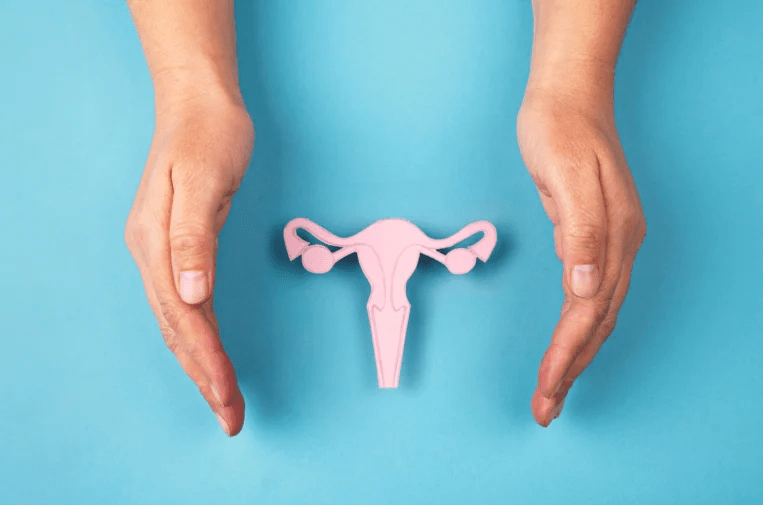

Article reviewed by:
Dr Sobana Bilhanan,
Specialist in Obstetrics & Gynecology,
HealthHub Clinics by Al-Futtaim







